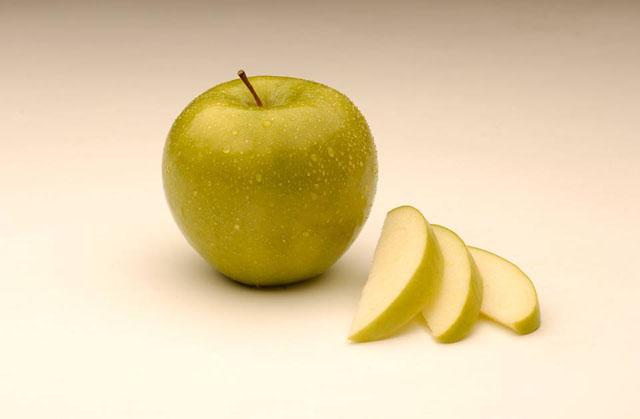You are here
In US, ‘natural’ food may be anything but
By AFP - Feb 06,2014 - Last updated at Feb 06,2014

WASHINGTON –– In the United States, pre-packaged foods loaded with artificial ingredients and chemicals can make it onto grocery store shelves boasting the label “natural”.
Why? Because in America, there is no definition of “natural”.
This gray area has led consumer advocates to threaten lawsuit after lawsuit against big food giants, alleging that their claims are misleading and illegal.
“There are just too damn many ‘natural’ lawsuits,” said lawyer Stephen Gardner of the Centre for Science in the Public Interest (CSPI), estimating there have been around 50 in the past decade.
“It only scratches the surfaces of the number of companies that are making these claims. We keep coming across them,” he said.
Some lawsuits have been merely threatened by CSPI, and eventually settled out of court after the company agreed to change labelling.
Others have been filed by private parties seeking class action payouts.
The latest involves Kraft Foods, maker of Crystal Light powdered drink mixes which contain artificial sweeteners and colours, a texturiser called maltodextrin and a synthetic preservative called butylated hydroxyanisole.
In January, CSPI notified Kraft of its intent to sue if the word “natural” continues to appear on products like Natural Lemonade and Natural Lemon Iced Tea.
Gardner said talks with the company are ongoing, but given his experience — he first sued Kraft over similar claims on its Capri Sun drinks in 2007 — he expects Kraft to counter that the word “natural” relates to the flavour.
“I am not aware of a lemonade flavour. I am aware of lemon,” Gardner said.
Asked for comment, a Kraft spokeswoman told AFP that a federal judge in California recently dismissed a similar claim against Crystal Light.
“Our products are clearly and accurately labelled with information that is both truthful and helpful for consumers,” spokeswoman Caroline Krajewski said in an e-mail.
Foods that claim to be “natural” but clearly are not can slip past authorities because the main US regulatory agency, the Food and Drug Administration, has not formally defined “natural”.
However, the regulator has sent several warning letters to companies in the past, FDA spokeswoman Theresa Eisenman told AFP in an e-mail.
“Although the FDA has not established a formal definition for the term ‘natural’, we do have a longstanding policy concerning the use of ‘natural’ in food labelling,” she said.
“The FDA considers the term ‘natural’ to mean that nothing artificial or synthetic (including all colour additives regardless of source) has been included in, or has been added to, a food that would not normally be expected to be in the food.”
The FDA has left Crystal Light alone, and consumer groups complain that regulators are not aggressive enough, leaving plenty of room for corporations to exploit well-meaning shoppers who appear to be susceptible to packaging claims.
According to the market research firm Nielsen, “natural” products produce over $22 billion in annual sales.
A full 77 per cent of US consumers polled said they believe “natural” claims at least some of the time, and nine per cent said they always do.
Related Articles
The maker of America’s top sugar brand Domino Sugar is launching its first no-calorie “natural” sweetener extracted from the stevia plant in Paraguay, the strongest sign yet that the upstart product is threatening to eat into raw-sugar demand.
UN recommendations to curb sugar intake may face an uphill battle for acceptance, experts say — confronted by an ingrained human yearning for sweetness.
AMMAN — The United Nations on Thursday released a policy brief, recommending Jordan to adopt specific key policies to ensure it is tran


















